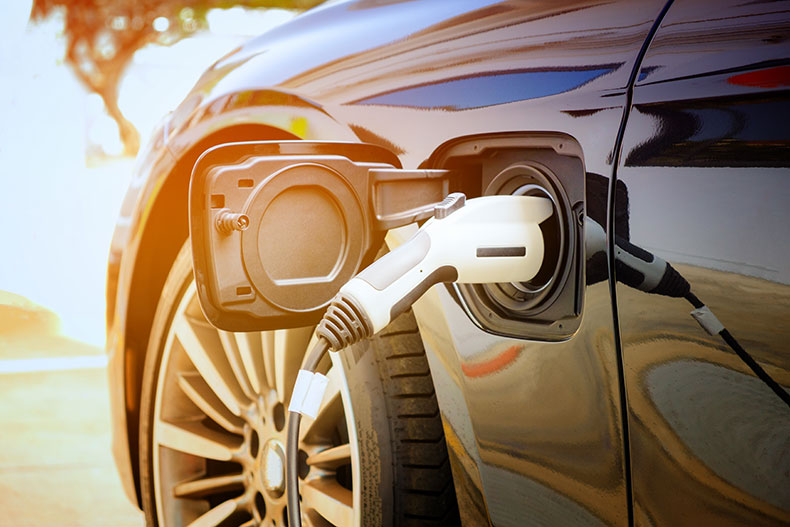Current owners of EVs frequently state that reduced costs of operating the vehicle are a main factor in their decision to switch over to an electric vehicle.
The transportation industry in the United States is changing. Announcements of electric vehicle (EV) strategies by Ford Motor Company, including $11 billion in investment, and a record 95,000 vehicles delivered by Tesla, Inc in the second quarter of 2019, have shown that consumers’ inclination for electric vehicles is increasing.
Ford expects 40 electrified vehicles for its global lineup in 2022, with 16 of those vehicles being fully electric and the remainder as plug-in hybrids (PHEV). Vehicle manufacturers are following the lead of companies like Tesla, Inc. and announcing new investments in EVs on a monthly basis.
The increased investment by automotive manufacturers could make electric vehicles a more appealing option for the price conscious consumer, and it should close the gap between the purchase price of an electric vehicle and one powered by an internal combustion engine. Current owners of EVs frequently state that reduced costs of operating the vehicle are a main factor in their decision to switch over to an electric vehicle. While the exact price difference depends on gas and electric rates, plus the car you drive, a 2018 study from the University of Michigan’s Transportation Research Institute found that electric vehicles cost less than half as much to operate as gas-powered cars.
Charging infrastructure and range anxiety have historically been barriers to the mass adoption of electric vehicles. Models by Chevrolet, Tesla, Jaguar, Hyundai and Audi for the 2020 model year are being produced with an estimated range of 200–300 miles before needing to be recharged. Keeping in mind that the average American drives between 30 to 40 miles a day, those vehicles should handle the needs of most everyday commuting. Most EV owners recharge their vehicle in the garage overnight, but companies and governments are heavily investing in charging infrastructure to assist in the adoption of electric vehicles.
North Carolina’s electric cooperatives, including Brunswick Electric, are working to provide a statewide network of EV charging stations to make it easier for members to adopt this technology. You can find the locations of our seven EV charging stations, including two DC Fast Chargers, and five Level II Chargers, on our website. Thanks to all who responded to the Electric Vehicle Survey in our August issue, your input is valuable as we plan for future needs. We will continue to monitor adoption and invest in technology and programs to incorporate this exciting development for our membership.
As always, if you want to learn more, we’re at your service. Drop us a line at info@bemc.org or call 800-842-5871. And be sure to learn more about our growing network of EV charging stations.


